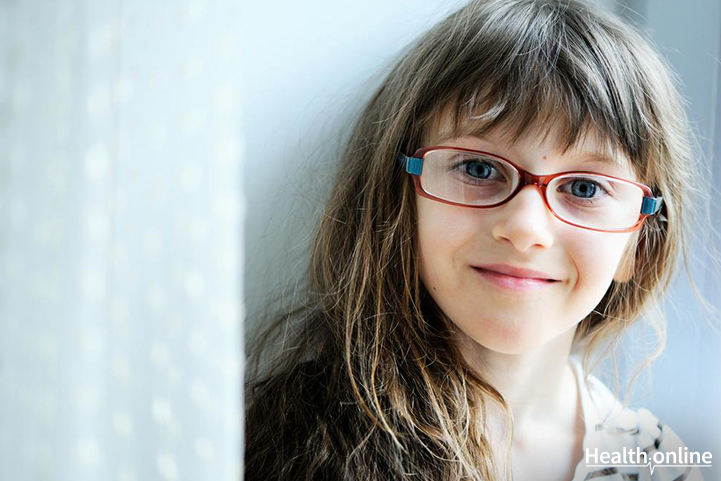
5 Signs That Your Child Might Need Reading Glasses
As a parent, it is crucial that you constantly keep a vigilant eye on your child’s health, so that you can detect any health problems and/or medical issues as soon as possible. And one factor in particular that you need to look out for is their eyesight. The first eight years of life are essential for visual development. Any vision problem can adversely affect your child’s cognitive performance and physical well-being.
Recommended Read: 10 Essential Life Skills to Teach Your Child
It is quite possible that your child may need to wear reading glasses to improve eyesight , strengthen the vision in a weak eye, rectify any misalignment, and provide protection for poor vision.
These are some of the early signs that your child might need glasses, that you should watch out for:
Headaches:
It is the most common symptom of any eyesight related problems. A frequent and constant headache signifies abnormalities in vision. Headaches behind the ear, near the forehead, or on the temples are clear indications. The reason for headaches could be strained eye and ear muscles that work to improve your child’s blurred vision.
If this overstrain continues for long, constant and prolonged headaches are immediate consequences. Hence watch out if your children complain of a massive headache and difficulties in clear vision. They might just need prescription reading glasses.
Going too close to objects to view them:
Children are constantly engaged in some activity and seldom sit idle. If regular observation indicates that they are leaning too close to the notebook while reading or writing, going too close to the television while watching it, or are unable to see any distant object quickly, it means that they have developed a myopic vision. Myopia or nearsightedness is the blurriness in vision for objects kept at a distance. If your child has myopia, then he/she necessarily needs to wear eyeglasses.
Squinting:
This is a clear symptom of a refractive error in the eyes. It affects how the eyes focus on an image. Squinting is often done to get a clear image of an object temporarily, in case normal vision is unable to do so. It would be advisable to book an appointment with an optometrist if the child is continuously squinting while reading a book or watching television. This indicator may not be that easy to identify, but if it gets intermittent it gets difficult to ignore, and your child may need reading glasses.
Rubbing eyes:
Whenever your vision is interrupted due to a refractive error, the shape of your eye prevents light from focusing directly on the retina. The result is overstraining to get a clear vision. Children are innocent and don’t understand whether it is a medical condition such as nearsightedness, farsightedness, astigmatism or presbyopia. Overstressing is the reason for fatigue and watering of eyes. If you find your child rubs his or her eyes continually, or the eyes are red and itchy, then see a doctor immediately. Rubbing is an overcompensation to what strains the eyes. Your child may need reading glasses to get rid of the stress.
Recommended Read: 5 Eye Care Tips to Follow While Travelling
Tilting of the head or covering of one eye:
Children tilt their heads or cover one eye, to adjust their eyesight through a changed angle of vision physically. The reason can be diplopia or double vision where the child sees double images of everything. Mispositioning or crossed eyed position can be discomforting and can cause directional problems. It can also be a case of amblyopia, a typical disorder also known as the lazy eye. A timely consultation with an ophthalmologist and reading glasses can solve the problem quickly.
If you find your child has one or more signs of needing reading glasses, visit the doctor immediately. Early detection helps better treatment of eye issues. If you’re lucky, your child may only need reading glasses for computer use for a few years, till the problem is rectified.
Keep yourself updated with the latest on Parenting . Like us on Facebook and follow us on Twitter for more on Health and Family Planning & Pregnancy . Also, check out our Health Tools and try out our health-related Quizzes .




